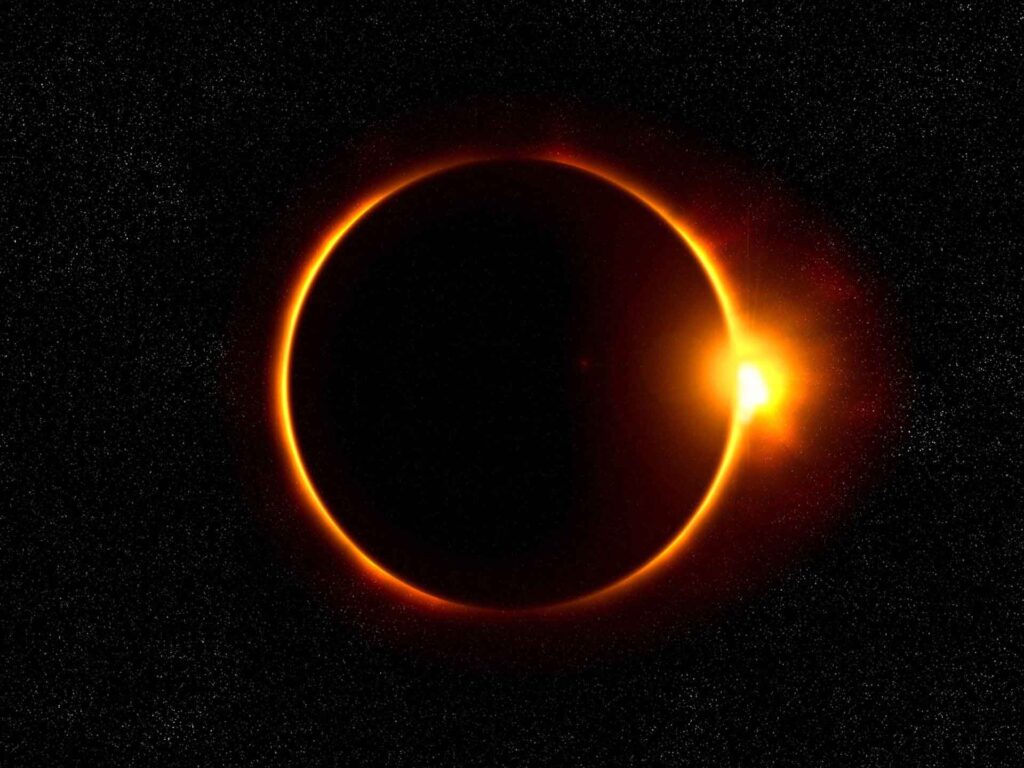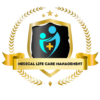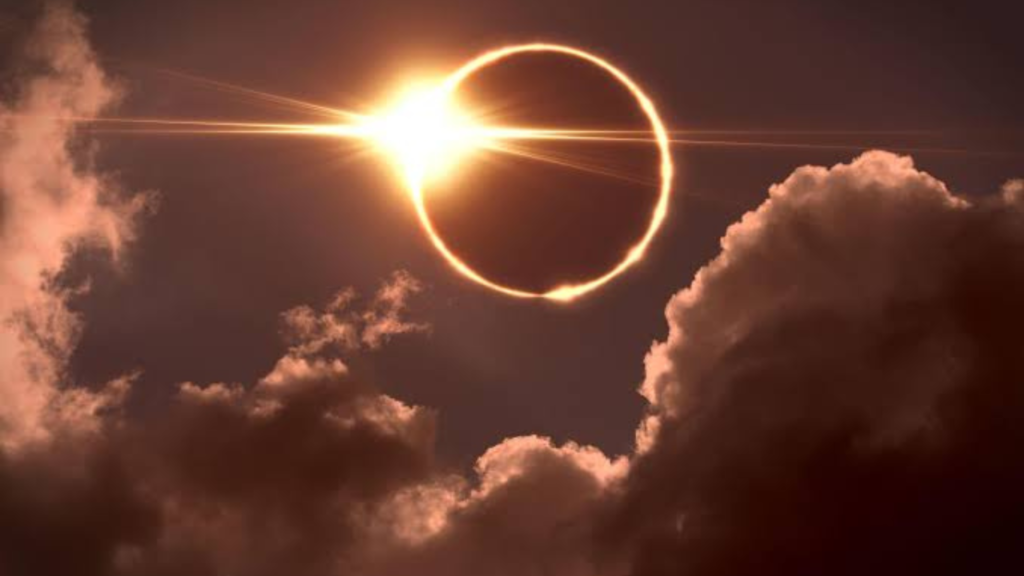
As a solar eclipse approaches, it’s crucial to remind people about the potential risks associated with viewing the phenomenon without proper eye protection. Here’s why:
Solar Eclipse and Eye Safety
1. Intense Sunlight: During a solar eclipse, the moon partially or completely blocks the sun’s light, creating a mesmerizing celestial event. However, even during a partial eclipse, the sun’s rays can still be intense enough to cause eye damage if viewed directly without protection.
2. UV Radiation: The sun emits harmful ultraviolet (UV) radiation, which can cause serious damage to the eyes, including solar retinopathy. Solar retinopathy occurs when the sun’s rays directly damage the retina, the light-sensitive tissue at the back of the eye, leading to vision loss or permanent eye damage.
3. Pain Perception: Unlike staring at the sun on a regular day, which is typically uncomfortable and prompts people to look away, during an eclipse, the dimming of sunlight may make it seem safe to look directly at the sun without realizing the potential harm.
Eye Protection Guidelines
1. Solar Filters: The only safe way to view a solar eclipse is through proper eye protection. Specialized solar filters, such as eclipse glasses or handheld solar viewers, are designed to block harmful UV and infrared radiation while allowing safe viewing of the sun.
2. Certified Products: When choosing solar filters, it’s essential to ensure they meet international safety standards and are certified for direct solar viewing. Look for filters that comply with ISO 12312-2 safety standards to ensure adequate protection.
3. Proper Usage: Inspect solar filters for any damage or scratches before use, as even small imperfections can compromise their effectiveness. During the eclipse, wear solar filters over your eyes at all times when looking directly at the sun, and never use regular sunglasses or improvised filters, as they do not provide sufficient protection.
Public Awareness and Education
1. Public Health Campaigns: Public health authorities, educational institutions, and astronomy organizations play a crucial role in raising awareness about eye safety during solar eclipses. Campaigns highlighting the importance of proper eye protection and providing guidance on safe viewing practices can help prevent eye injuries.
2. Community Events: Organizing community events with trained personnel and telescopes equipped with solar filters can provide safe viewing opportunities for the public while promoting awareness of eye safety guidelines.
Conclusion
While solar eclipses are awe-inspiring celestial events, it’s essential to prioritize eye safety and take precautions to avoid eye damage during viewing. By following proper eye protection guidelines and raising awareness about the risks associated with direct solar viewing, we can ensure that everyone can enjoy the wonder of a solar eclipse safely.



